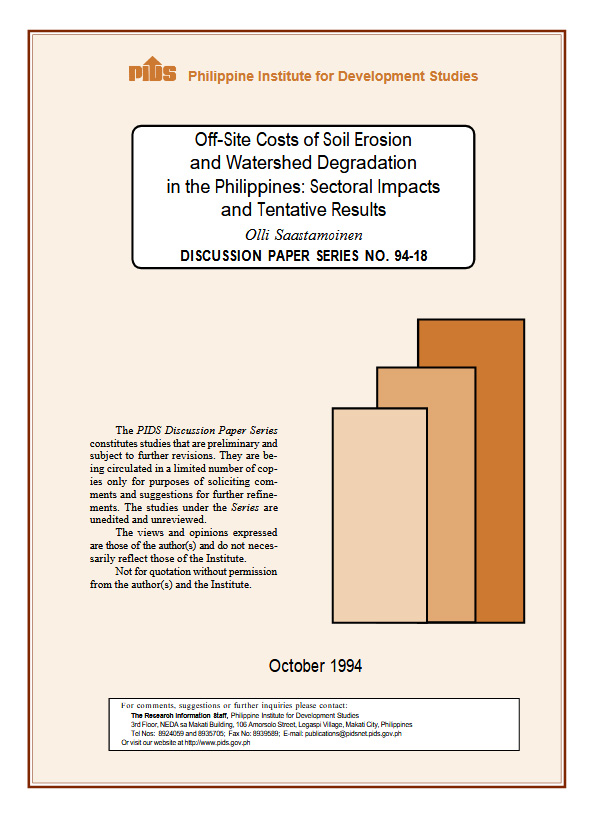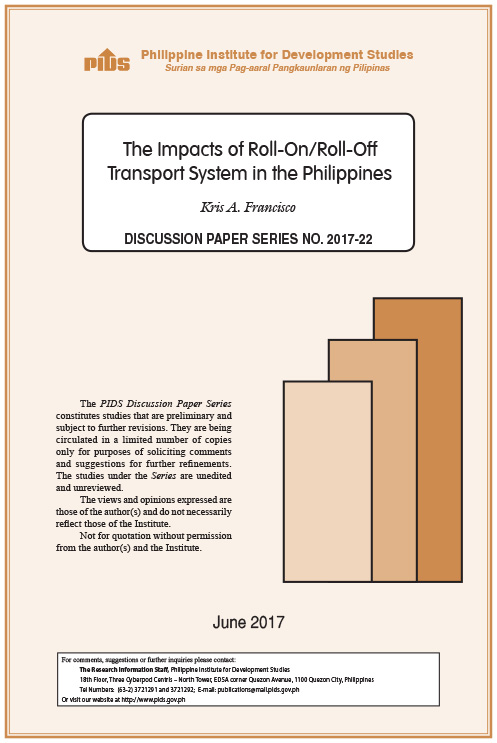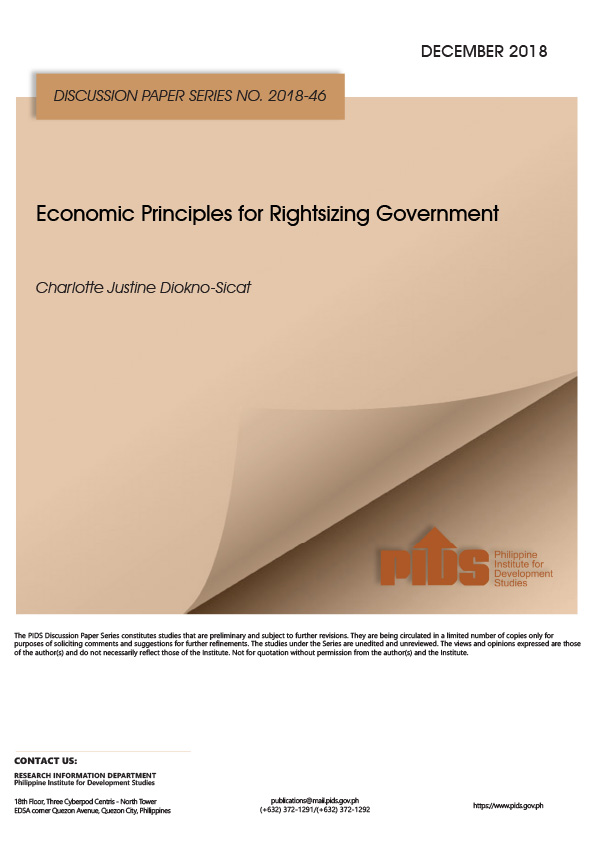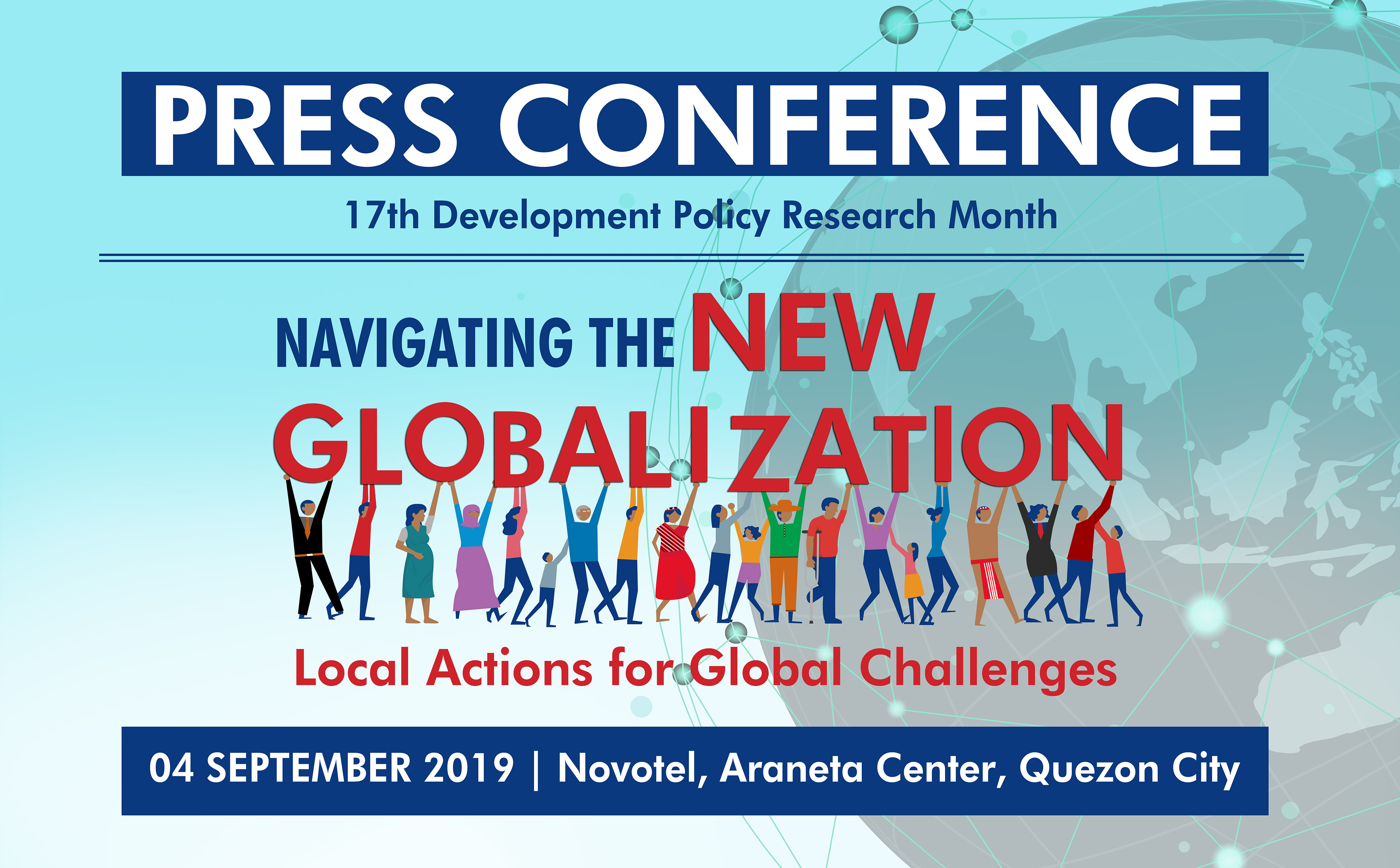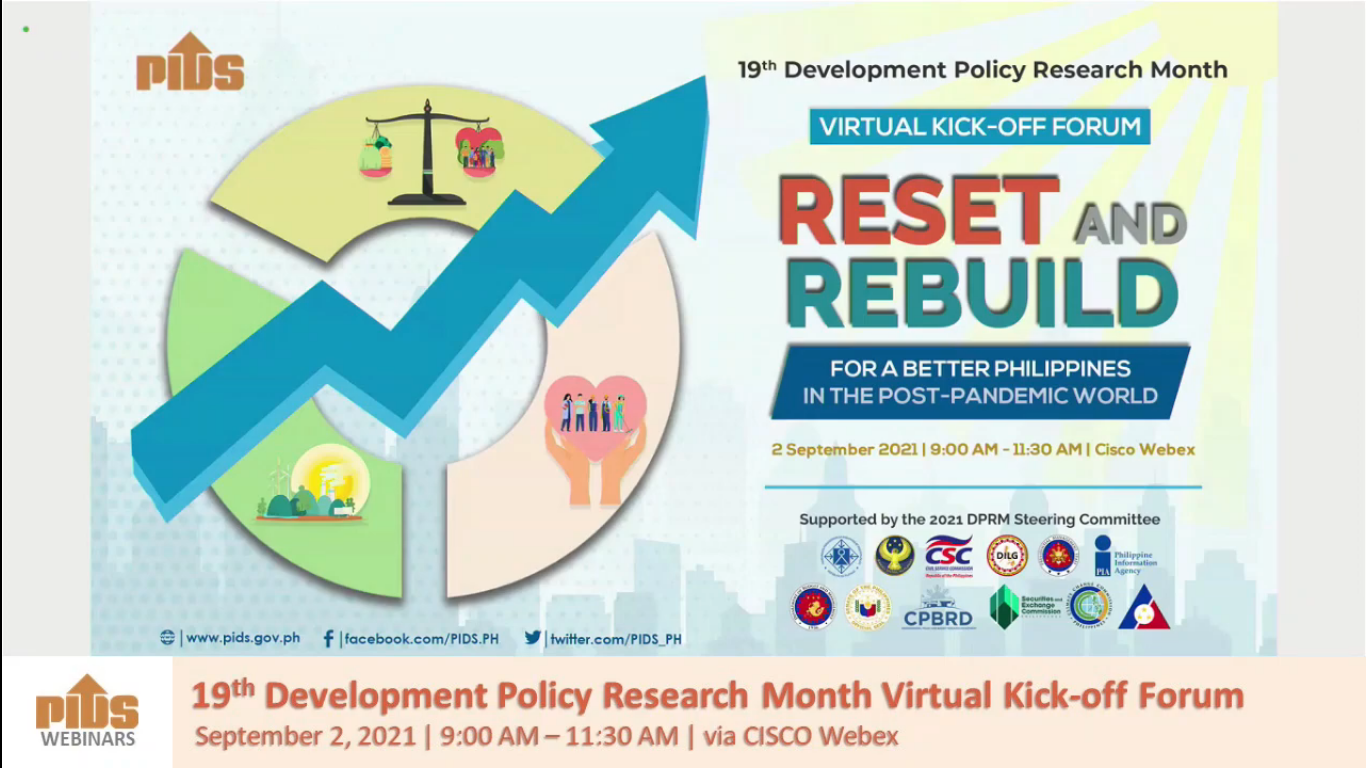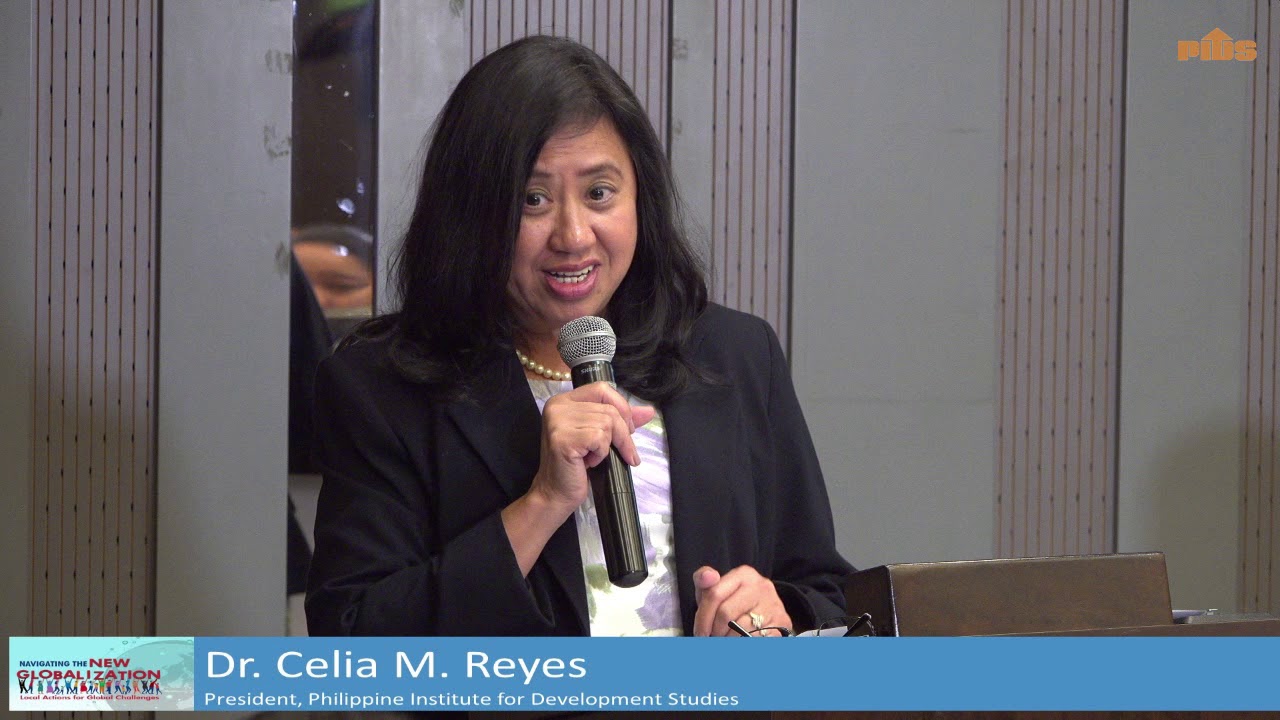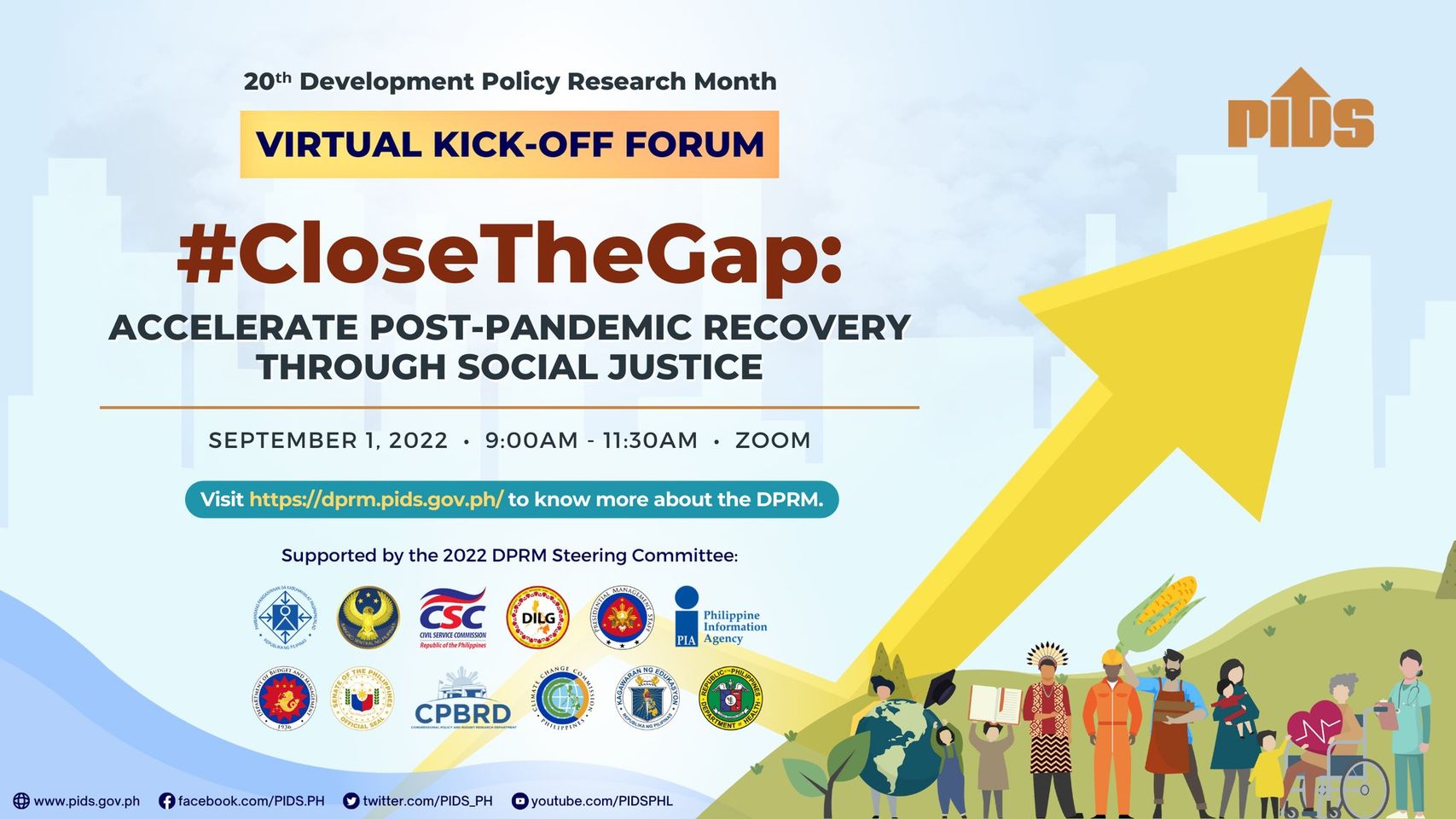FIVE notifications on an easygoing Thursday buzzed the more than 1.4 million users who follows the official Facebook page of the Philippine Health Insurance Corp. (Philhealth).
Of those notifications posted last June 11, one trended the most: PhilHealth Advisory 2020-037. That post generated over-2,000 emoticon reactions, over-1,500 comments and more than 3,900 shares.
The advisory reminded Filipinos abroad to pay the new amounts of premiums, starting with P2,400 (around $48) as first payment and the rest of the year’s balance (P2,400 multiplied by 11 months or around $528.22) to be paid within the next 12 months. The advisory was a reiteration of Circular 2020-0014, which Philhealth released last April 22.
Circular 2020-0014 stirred the online platform so much that a few days after its issuance, about half-a-million signatures were generated by an online petition against it.
Criticisms against the Circular died down after President Duterte announced last May 4 that overseas Filipinos’ membership in PhilHealth is voluntary during the country’s battle with the coronavirus disease 2019 (Covid-19) pandemic.
However, the Universal Health Care (UHC) law (Republic Act 11223) still mandates all working Filipinos to be covered by UHC and become mandatory PhilHealth members. Since mid-May, PhilHealth has been consulting with legislators on possible amendments to RA 11223 and its implementing rules and regulations (IRR).
With PhilHealth Advisory 2020-037, however, criticisms against the health insurer stirred again. That Philhealth post acquired more than 1,200 grumpy face emoticons.
Mandated by law
FOR PhilHealth President and CEO Ricardo C. Morales, the agency is just following the law.
Morales told BusinessMirror on June 24 that premium payments of OFWs should still be mandatory as the law states that all Filipinos must be covered by the UHC law.
“Yan ang sinasabi sa batas, e. [That’s what the law says.],” he said in a phone interview. “The entire citizenry should pool together the resources so that” the financial risks would be spread out. “Otherwise, [spending for healthcare would all be] out of pocket. Anytime na magkasakit, kung may pera ka ok; kung wala, sorry” [If one who has money gets ill, that’s okay; but if you don’t have money; sorry.]
The retired Armed Forces of the Philippines Brigadier General added that “as much as possible, we want to include the entire population; and all those who can pay should try to meet the obligations [because] we don’t know when we are going to need healthcare.”
Morales’s view is shared by PhilHealth Vice President for Corporate Affairs Shirley B. Domingo.
“We can at least suspend [the provisions] in the [UHC] law’s IRR [implementing rules and regulations], or at least move the payment period further back —but not do anything against the law,” Domingo told the BusinessMirror in a separate interview.
Congress is currently reviewing the UHC law and its IRR.
Ifs and choices
SOME, however, question how useful and attractive the health insurance product is for migrant workers.
An economist believes Circular 2020-0014 will only drive overseas Filipinos to continually shrug off payment notifications from PhilHealth.
If payment is mandatory and the premium fees are “really high,” that circular “will result to great opposition,” according to Migration Economist Aubrey D. Tabuga of the Philippine Institute of Development Studies (PIDS).
The said circular “deters labor migration itself, for those who have a luxury of choice,” Taguba said. She added that even less-skilled overseas Filipino workers (OFWs) will find these mandatory premium payments as additional financial burden as the stalling global economy threatens incomes of millions.
In a May 15 webinar, Domingo said making overseas Filipinos voluntary members requires amendments to RA 11223.
But for now, the provisions for PhilHealth premium payments under RA 11223 “still apply, although temporarily suspended due to the pandemic, pending amendment of (RA 11223), if any, by…Congress,” Advisory 2020-037 writes.
General scope
ROOTED in RA 11223, Circular 2020-0014 mandated a broader segment of the overseas Filipino population—not just land-based OFWs and sea-based OFWs—to pay increased premiums in their full amounts.
RA 11223 now mandates all Filipino citizens to become mandatory PhilHealth members. Circular 2020-0014 includes not just the land-based OFWs and sea-based OFWs, but also dual citizens, “Filipinos living abroad,” “overseas Filipinos in distress” and “other overseas Filipinos not previously classified elsewhere.”
Premium rates and amounts in Circular 2020-0014 are similar to premiums paid by Philippine-based workers, albeit the latter get an equal share of premium payment from their employers.
The circular classifies overseas Filipinos as “direct contributors under the UHC law,” making their “payment and remittance of premium contributions as mandatory.” Previously, PhilHealth payments from 2007 to 2014 were mandatory and were tied to the issuance of the overseas employment certificate (OEC) for OFWs.
Rates increases
PHILHEALTH computed the latest premiums of overseas Filipinos based on their monthly income.
Overseas Filipinos will be made part of three groups of contributors: low income (annual premium of P7,488 for those earning P20,800 and below monthly), middle income (premium ranging from P7,506.72 to P21,600, for those earning between P20,852 to P60,000 monthly), and high income (premium of P21,600 for those earning P60,000 and above monthly abroad).
With 2020 as a “transition year,” premium rates for overseas Filipinos’ premium contributions will be 3.0 percent. This rate becomes 3.5 percent in 2021, 4.0 percent in 2022, 4.5 percent in 2023, and 5.0 percent in 2024 onwards. These rate increments for Filipino citizens in the homeland and overseas are provided in the law’s IRR.
Given also their physical stay overseas, Filipinos abroad are called “indirect contributors,” Domingo explained. That being the case, Circular 2020-0014 gives them a maximum of one year to pay the total annual premium.
Domingo said overseas Filipinos can pay the first month prior to their departure and pay the balance in the remaining 11 months. Penalties for unpaid dues are assessed after a year’s grace period. The same scheme was also mentioned in Advisory 2020-037.
“That’s how flexible the arrangement is for overseas Filipinos,” Domingo pointed out.
Adjusting payments
MORALES argues that OFWs get to benefit more from paying these premium payments.
“We have always maintained na mas malaki naman yung benefits na nakukuha nila kaysa sa binayad nila [they would get more benefits compared to their payment] at least for the last three years,” he told this newspaper. “Sa millions of OFWs natin, 360,000 lang ang paying OFWs and they are asking for a position in the Board [and] less than one percent ang premium na nakukuha namin sa kanila [Out of millions of OFWs, only 360,000 are paying and we only get less than one percent in total premium collection.]”
While he admitted that PhilHealth has yet to work out the payment of premiums through online channels, Morales said OFWs can pay their contributions through partner banks and collecting agents.
“Well, kaya nga meron tayong [that’s why we have a] flexible payment scheme [wherein] they don’t have to pay the full amount. They would be given one year within which to complete the payment and then, during that time, I don’t know what amendment would happen to the [UHC] law,” he told the BusinessMirror. “Baka pagkalabas ng [Maybe after the] amendments, there will be other answers; other options to them.”
Morales added that “In so far as healthcare [coverage], you know [it is] flexible: we can adjust the payment period and then do some other [approaches] to soften the impact. [But] beyond that, we can no longer cross the legal boundary.”
Not eligible
BACKSTOPPING Duterte’s May 4 order, Health Secretary Francisco T. Duque III ordered the suspension of a specific provision—Section 10.2.C—in the IRR of RA 11223 “in light of Covid-19 and its economic impact on OFWs.”
PhilHealth Overseas Filipinos Program Senior Manager Chona S. Yap said the adverse reaction last May was “expected.” Circular 2020-0014 presented the cost of premiums in “real peso terms,” Yap said in the May 15 webinar of the information group Rights Corridor.
A month later, Domingo told BusinessMirror voluntary membership under UHC is “difficult” (mahirap) because everybody will benefit from UHC and, thus, “everybody has to contribute.”
Even the droves of OFWs repatriated and returning home because of the pandemic can benefit from UHC, she adds.
“It is hard to tell OFWs who did not pay premiums that they are not eligible,” Domingo said. “If they did not pay and they will use our current schemes (under UHC), isn’t that unfair to those who had paid?”
Many Filipinos abroad criticize Circular 2020-0014, saying migrant workers already have health insurance courtesy of their foreign employers, while permanent residents and dual citizens get free medical treatment in host countries.
Tracking back
THE PhilHealth Overseas Filipinos Program came from a “Medicare” program for members of the Overseas Workers Welfare Administration (OWWA). The Medicare program and its funds were turned over to PhilHealth in 2005 since Republic Act 7875 (the 1995 National Health Insurance Act, which was amended into RA 9241 and RA 10606) had created PhilHealth as the country’s social health insurer.
Then young under PhilHealth’s aegis, the Overseas Workers Program (OWP) launched on July 1, 2007 an “Expanded and Enhanced OWP Outpatient Benefit Package.” The package adopted a “zero-co-pay” system that gave OFW members and their dependents entitlements without needing to shell out additional money.
Mandatory annual premiums for OFWs were then at P900, and were even tied to releasing OECs from the Philippine Overseas Employment Administration (POEA). The annual premium increased to P1,200 in 2011, then this amount doubled to P2,400 in 2014.
In 2014 also, PhilHealth began classifying OFWs under “informal workers.” And when the OECs were issued online starting 2015, PhilHealth membership became voluntary.
Surge in membership
PHILHEALTH reached a high of 3.14 million overseas Filipino members in 2013 but the number plunged to 0.96 million in 2014. Even as premiums being paid by overseas Filipinos increased from 2007 to 2018, the number of actual PhilHealth OWP members plummeted to their lowest in 2018: 337,426.
However, PhilHealth’s 2019 data saw an exponential surge in OFW membership: 3.628 million, a historic record [see Figure 1].
Available audited data from 2007 to 2017 show the highest premium collections from overseas Filipinos reached a record P2.521 billion in 2014, as the highest benefit payments made to this membership group was at P1.669 billion in 2016 [see Figure 2].
Domingo explained that the POEA, in 2015, had a one-stop shop hub for OFWs processing their OECs and requirements, including PhilHealth membership, prior to going overseas. When POEA discontinued the one-stop shop, PhilHealth membership “became voluntary, that’s why premium collections from OFWs declined.”
Not surprisingly, overseas Filipino members’ premium contributions make up a miniscule, even declining share of overall PhilHealth premiums collected and paid.
OFW members’ premium payments made up some 2.55 percent (P630.07 million) of PhilHealth’s total premiums collected in 2007 (P24.71 billion). However in 2019, the P1.021 billion worth of premiums OFW members paid is just 0.7 percent of the agency’s total premium collections, worth P146.43 billion.
That 2019 OFW share to PhilHealth’s total collections is the lowest in the history of the agency’s Overseas Workers Program, ironic to the exponential surge of OFW membership to 3.628 million (says PhilHealth’s 2019 Stats and Charts).
Reforming system
GIVEN the UHC law, Domingo said forthcoming gradual changes in health service delivery will lead to better pooling of health expenses, by both the Filipino insurer and by PhilHealth.
Which is why premium payments from Filipino citizens at home and abroad, as “direct contributors,” will help finance these gradual reforms of the country’s health system under a UHC regime, Domingo said.
Other contributors are the national government, the Philippine Charity Sweepstakes Office, the Philippine Amusement and Gaming Corp. and proceeds from “sin” and sugar beverage taxes.
The collection issue for overseas Filipinos is tied to how the country will be financing the year-old implementation of universal health care. But if PhilHealth remains the major financing agent of UHC, some health policy analysts say ordinary Filipino families will continue drawing expensive out-of-pocket payments to access better medical care.
Health policy analyst Ramon Pedro P. Paterno of the University of the Philippines-Manila mainly disagrees with the “insistence on (primarily) financing UHC through premiums.”
UHC’s main source of funds should “still (be) taxes from general appropriations,” Paterno said.
Informal sector
PATERNO cites UHC financing analyses from the World Health Organization (WHO) that low-income and middle-income countries like the Philippines should have annual government budgets as “the main source of compulsory revenues for the health system.”
That is because of the country’s large informal sector, with these workers “not earning enough for a decent living,” according to Paterno, who is an analyst of the UP Institute of Health Policy and Development Studies (IHPDS).
With overseas Filipinos being part of PhilHealth’s “informal sector” (since their employers are abroad), Paterno believes collecting premiums from them “becomes a very complicated issue.”
Workers formally employed in the country pay premiums through automatic salary deductions. Meanwhile, and as it has been practiced, Filipinos abroad pay online and through the PhilHealth representatives in some embassies and consulates of the Philippines.
Then again, Paterno said if government’s UHC implementation will depend on PhilHealth premium collections, the approach will not be financially sustainable.
“Direct contributions such as payroll taxes for health insurance will not generate sizeable revenues given the very narrow levy base” coming from formally-employed Filipino workers, Paterno explained.
Government package
IN response to the premium increments (from 2020 to 2024) mandated for all Filipino citizens abroad and at home, Tabuga said these premiums “should be at a minimum but with (an) option to avail of better services with a higher fee —that which should be voluntary.”
The UHC’s promises of better benefits from PhilHealth, covering both in-patient and outpatient medical care, can be attractive for overseas Filipinos’ dependents, Domingo said. As for outpatient benefits, Domingo refers to Konsulta (Konsultasyong Sapat at Tama or consult in English), where initial and follow-up consultations, targeted health risk screening and assessment, and some diagnostic tests and medicines will be provided by private and public health facilities.
The attraction of those benefits prevails, Paterno said, if Filipinos abroad “are in the Philippines, waiting for their next overseas employment.”
Those “better benefits” will come if government implements the promised “comprehensive primary care outpatient package, combined with ‘no balance billing’ or ‘no out-of-pocket payout’ if (they’re) confined in a public hospital,” Paterno adds.
Domingo said the new UHC will lead to better pooling of health expenses by Filipinos given the prospective implementation of PhilHealth’s “fixed payment rate” so that patients and their families will now know how much to shell out.
Hoping for support
HOWEVER, Morales recommended delaying the implementation of Konsulta during a first joint congressional hearing on the UHC law last June 16.
He admitted shortfalls in the agency’s premium collection as an impact of the Covid-19 pandemic. Only 10 percent (or P46.5 billion) of 2019 premium collections have been tabbed thus far, Morales claims.
That is because premium payments from direct contributors, like employed workers, are affected by business closures and job displacements in the past months.
Morales added that PhilHealth will run a fund deficit by the end of this year and have a shortfall of less than P100 billion annually. The deficit, he said, will run from 2021 to 2024: the major years of the five-year transition period of the UHC law’s expanded primary care benefits.
PhilHealth also plans to ask for a P138-billion subsidy next year from the national government.
The net loss of the agency prevails because “we were not given the funding which we asked to support the funding of the UHC,” Morales told legislators.
If implementing Konsulta will proceed, Domingo said PhilHealth may probably run the program gradually starting with senior citizens and indigents.
Tabled for discussion
MORALES clarified that what PhilHealth is proposing is the delay in the implementation of the expanded primary care benefit package or Konsulta for six months.
Still, he clarified that “This is still not a decision; this is an item for discussion.”
Morales said the budget for Konsulta for this year alone is originally P26 billion, as the project’s implementation is originally set to be done by phases.
“What I had in mind [for Konsulta] was to extract the national health profile so that we would have an idea [of the] health profile [of the] entire population: how many are sick of what, where they are located and what will they require,” he told this newspaper.
Morales admitted this “is a very ambitious project [because we have] 108 million members and we have to assign each patient to a health facility.”
Scorning payments
AS Advisory 2020-037 had been making the rounds in social media since June 11, criticisms against it have persisted. The post generated more than 1,500 comments on Facebook, mostly protesting the collection of new premium payments from overseas Filipinos.
Seafarer Garry Dela Torre didn’t need any Facebook notification to voice out his displeasure. Quarantined at a small hotel in Recto, Manila, since April 24 until he was cleared to go home recently, Dela Torre was “truly mad [galit talaga]” when PhilHealth first announced the new premiums.
His shipping company covered his medical insurance as his wife is a PhilHealth member. But if the social health insurer still imposes Circular 2020-0014, Dela Torre says: “I will not be a PhilHealth member.”
“I will not work in a ship anymore, if that is the case,” Dela Torre said of the mandatory PhilHealth payments for migrant workers like him. “I will just stay here at home.”
Of those notifications posted last June 11, one trended the most: PhilHealth Advisory 2020-037. That post generated over-2,000 emoticon reactions, over-1,500 comments and more than 3,900 shares.
The advisory reminded Filipinos abroad to pay the new amounts of premiums, starting with P2,400 (around $48) as first payment and the rest of the year’s balance (P2,400 multiplied by 11 months or around $528.22) to be paid within the next 12 months. The advisory was a reiteration of Circular 2020-0014, which Philhealth released last April 22.
Circular 2020-0014 stirred the online platform so much that a few days after its issuance, about half-a-million signatures were generated by an online petition against it.
Criticisms against the Circular died down after President Duterte announced last May 4 that overseas Filipinos’ membership in PhilHealth is voluntary during the country’s battle with the coronavirus disease 2019 (Covid-19) pandemic.
However, the Universal Health Care (UHC) law (Republic Act 11223) still mandates all working Filipinos to be covered by UHC and become mandatory PhilHealth members. Since mid-May, PhilHealth has been consulting with legislators on possible amendments to RA 11223 and its implementing rules and regulations (IRR).
With PhilHealth Advisory 2020-037, however, criticisms against the health insurer stirred again. That Philhealth post acquired more than 1,200 grumpy face emoticons.
Mandated by law
FOR PhilHealth President and CEO Ricardo C. Morales, the agency is just following the law.
Morales told BusinessMirror on June 24 that premium payments of OFWs should still be mandatory as the law states that all Filipinos must be covered by the UHC law.
“Yan ang sinasabi sa batas, e. [That’s what the law says.],” he said in a phone interview. “The entire citizenry should pool together the resources so that” the financial risks would be spread out. “Otherwise, [spending for healthcare would all be] out of pocket. Anytime na magkasakit, kung may pera ka ok; kung wala, sorry” [If one who has money gets ill, that’s okay; but if you don’t have money; sorry.]
The retired Armed Forces of the Philippines Brigadier General added that “as much as possible, we want to include the entire population; and all those who can pay should try to meet the obligations [because] we don’t know when we are going to need healthcare.”
Morales’s view is shared by PhilHealth Vice President for Corporate Affairs Shirley B. Domingo.
“We can at least suspend [the provisions] in the [UHC] law’s IRR [implementing rules and regulations], or at least move the payment period further back —but not do anything against the law,” Domingo told the BusinessMirror in a separate interview.
Congress is currently reviewing the UHC law and its IRR.
Ifs and choices
SOME, however, question how useful and attractive the health insurance product is for migrant workers.
An economist believes Circular 2020-0014 will only drive overseas Filipinos to continually shrug off payment notifications from PhilHealth.
If payment is mandatory and the premium fees are “really high,” that circular “will result to great opposition,” according to Migration Economist Aubrey D. Tabuga of the Philippine Institute of Development Studies (PIDS).
The said circular “deters labor migration itself, for those who have a luxury of choice,” Taguba said. She added that even less-skilled overseas Filipino workers (OFWs) will find these mandatory premium payments as additional financial burden as the stalling global economy threatens incomes of millions.
In a May 15 webinar, Domingo said making overseas Filipinos voluntary members requires amendments to RA 11223.
But for now, the provisions for PhilHealth premium payments under RA 11223 “still apply, although temporarily suspended due to the pandemic, pending amendment of (RA 11223), if any, by…Congress,” Advisory 2020-037 writes.
General scope
ROOTED in RA 11223, Circular 2020-0014 mandated a broader segment of the overseas Filipino population—not just land-based OFWs and sea-based OFWs—to pay increased premiums in their full amounts.
RA 11223 now mandates all Filipino citizens to become mandatory PhilHealth members. Circular 2020-0014 includes not just the land-based OFWs and sea-based OFWs, but also dual citizens, “Filipinos living abroad,” “overseas Filipinos in distress” and “other overseas Filipinos not previously classified elsewhere.”
Premium rates and amounts in Circular 2020-0014 are similar to premiums paid by Philippine-based workers, albeit the latter get an equal share of premium payment from their employers.
The circular classifies overseas Filipinos as “direct contributors under the UHC law,” making their “payment and remittance of premium contributions as mandatory.” Previously, PhilHealth payments from 2007 to 2014 were mandatory and were tied to the issuance of the overseas employment certificate (OEC) for OFWs.
Rates increases
PHILHEALTH computed the latest premiums of overseas Filipinos based on their monthly income.
Overseas Filipinos will be made part of three groups of contributors: low income (annual premium of P7,488 for those earning P20,800 and below monthly), middle income (premium ranging from P7,506.72 to P21,600, for those earning between P20,852 to P60,000 monthly), and high income (premium of P21,600 for those earning P60,000 and above monthly abroad).
With 2020 as a “transition year,” premium rates for overseas Filipinos’ premium contributions will be 3.0 percent. This rate becomes 3.5 percent in 2021, 4.0 percent in 2022, 4.5 percent in 2023, and 5.0 percent in 2024 onwards. These rate increments for Filipino citizens in the homeland and overseas are provided in the law’s IRR.
Given also their physical stay overseas, Filipinos abroad are called “indirect contributors,” Domingo explained. That being the case, Circular 2020-0014 gives them a maximum of one year to pay the total annual premium.
Domingo said overseas Filipinos can pay the first month prior to their departure and pay the balance in the remaining 11 months. Penalties for unpaid dues are assessed after a year’s grace period. The same scheme was also mentioned in Advisory 2020-037.
“That’s how flexible the arrangement is for overseas Filipinos,” Domingo pointed out.
Adjusting payments
MORALES argues that OFWs get to benefit more from paying these premium payments.
“We have always maintained na mas malaki naman yung benefits na nakukuha nila kaysa sa binayad nila [they would get more benefits compared to their payment] at least for the last three years,” he told this newspaper. “Sa millions of OFWs natin, 360,000 lang ang paying OFWs and they are asking for a position in the Board [and] less than one percent ang premium na nakukuha namin sa kanila [Out of millions of OFWs, only 360,000 are paying and we only get less than one percent in total premium collection.]”
While he admitted that PhilHealth has yet to work out the payment of premiums through online channels, Morales said OFWs can pay their contributions through partner banks and collecting agents.
“Well, kaya nga meron tayong [that’s why we have a] flexible payment scheme [wherein] they don’t have to pay the full amount. They would be given one year within which to complete the payment and then, during that time, I don’t know what amendment would happen to the [UHC] law,” he told the BusinessMirror. “Baka pagkalabas ng [Maybe after the] amendments, there will be other answers; other options to them.”
Morales added that “In so far as healthcare [coverage], you know [it is] flexible: we can adjust the payment period and then do some other [approaches] to soften the impact. [But] beyond that, we can no longer cross the legal boundary.”
Not eligible
BACKSTOPPING Duterte’s May 4 order, Health Secretary Francisco T. Duque III ordered the suspension of a specific provision—Section 10.2.C—in the IRR of RA 11223 “in light of Covid-19 and its economic impact on OFWs.”
PhilHealth Overseas Filipinos Program Senior Manager Chona S. Yap said the adverse reaction last May was “expected.” Circular 2020-0014 presented the cost of premiums in “real peso terms,” Yap said in the May 15 webinar of the information group Rights Corridor.
A month later, Domingo told BusinessMirror voluntary membership under UHC is “difficult” (mahirap) because everybody will benefit from UHC and, thus, “everybody has to contribute.”
Even the droves of OFWs repatriated and returning home because of the pandemic can benefit from UHC, she adds.
“It is hard to tell OFWs who did not pay premiums that they are not eligible,” Domingo said. “If they did not pay and they will use our current schemes (under UHC), isn’t that unfair to those who had paid?”
Many Filipinos abroad criticize Circular 2020-0014, saying migrant workers already have health insurance courtesy of their foreign employers, while permanent residents and dual citizens get free medical treatment in host countries.
Tracking back
THE PhilHealth Overseas Filipinos Program came from a “Medicare” program for members of the Overseas Workers Welfare Administration (OWWA). The Medicare program and its funds were turned over to PhilHealth in 2005 since Republic Act 7875 (the 1995 National Health Insurance Act, which was amended into RA 9241 and RA 10606) had created PhilHealth as the country’s social health insurer.
Then young under PhilHealth’s aegis, the Overseas Workers Program (OWP) launched on July 1, 2007 an “Expanded and Enhanced OWP Outpatient Benefit Package.” The package adopted a “zero-co-pay” system that gave OFW members and their dependents entitlements without needing to shell out additional money.
Mandatory annual premiums for OFWs were then at P900, and were even tied to releasing OECs from the Philippine Overseas Employment Administration (POEA). The annual premium increased to P1,200 in 2011, then this amount doubled to P2,400 in 2014.
In 2014 also, PhilHealth began classifying OFWs under “informal workers.” And when the OECs were issued online starting 2015, PhilHealth membership became voluntary.
Surge in membership
PHILHEALTH reached a high of 3.14 million overseas Filipino members in 2013 but the number plunged to 0.96 million in 2014. Even as premiums being paid by overseas Filipinos increased from 2007 to 2018, the number of actual PhilHealth OWP members plummeted to their lowest in 2018: 337,426.
However, PhilHealth’s 2019 data saw an exponential surge in OFW membership: 3.628 million, a historic record [see Figure 1].
Available audited data from 2007 to 2017 show the highest premium collections from overseas Filipinos reached a record P2.521 billion in 2014, as the highest benefit payments made to this membership group was at P1.669 billion in 2016 [see Figure 2].
Domingo explained that the POEA, in 2015, had a one-stop shop hub for OFWs processing their OECs and requirements, including PhilHealth membership, prior to going overseas. When POEA discontinued the one-stop shop, PhilHealth membership “became voluntary, that’s why premium collections from OFWs declined.”
Not surprisingly, overseas Filipino members’ premium contributions make up a miniscule, even declining share of overall PhilHealth premiums collected and paid.
OFW members’ premium payments made up some 2.55 percent (P630.07 million) of PhilHealth’s total premiums collected in 2007 (P24.71 billion). However in 2019, the P1.021 billion worth of premiums OFW members paid is just 0.7 percent of the agency’s total premium collections, worth P146.43 billion.
That 2019 OFW share to PhilHealth’s total collections is the lowest in the history of the agency’s Overseas Workers Program, ironic to the exponential surge of OFW membership to 3.628 million (says PhilHealth’s 2019 Stats and Charts).
Reforming system
GIVEN the UHC law, Domingo said forthcoming gradual changes in health service delivery will lead to better pooling of health expenses, by both the Filipino insurer and by PhilHealth.
Which is why premium payments from Filipino citizens at home and abroad, as “direct contributors,” will help finance these gradual reforms of the country’s health system under a UHC regime, Domingo said.
Other contributors are the national government, the Philippine Charity Sweepstakes Office, the Philippine Amusement and Gaming Corp. and proceeds from “sin” and sugar beverage taxes.
The collection issue for overseas Filipinos is tied to how the country will be financing the year-old implementation of universal health care. But if PhilHealth remains the major financing agent of UHC, some health policy analysts say ordinary Filipino families will continue drawing expensive out-of-pocket payments to access better medical care.
Health policy analyst Ramon Pedro P. Paterno of the University of the Philippines-Manila mainly disagrees with the “insistence on (primarily) financing UHC through premiums.”
UHC’s main source of funds should “still (be) taxes from general appropriations,” Paterno said.
Informal sector
PATERNO cites UHC financing analyses from the World Health Organization (WHO) that low-income and middle-income countries like the Philippines should have annual government budgets as “the main source of compulsory revenues for the health system.”
That is because of the country’s large informal sector, with these workers “not earning enough for a decent living,” according to Paterno, who is an analyst of the UP Institute of Health Policy and Development Studies (IHPDS).
With overseas Filipinos being part of PhilHealth’s “informal sector” (since their employers are abroad), Paterno believes collecting premiums from them “becomes a very complicated issue.”
Workers formally employed in the country pay premiums through automatic salary deductions. Meanwhile, and as it has been practiced, Filipinos abroad pay online and through the PhilHealth representatives in some embassies and consulates of the Philippines.
Then again, Paterno said if government’s UHC implementation will depend on PhilHealth premium collections, the approach will not be financially sustainable.
“Direct contributions such as payroll taxes for health insurance will not generate sizeable revenues given the very narrow levy base” coming from formally-employed Filipino workers, Paterno explained.
Government package
IN response to the premium increments (from 2020 to 2024) mandated for all Filipino citizens abroad and at home, Tabuga said these premiums “should be at a minimum but with (an) option to avail of better services with a higher fee —that which should be voluntary.”
The UHC’s promises of better benefits from PhilHealth, covering both in-patient and outpatient medical care, can be attractive for overseas Filipinos’ dependents, Domingo said. As for outpatient benefits, Domingo refers to Konsulta (Konsultasyong Sapat at Tama or consult in English), where initial and follow-up consultations, targeted health risk screening and assessment, and some diagnostic tests and medicines will be provided by private and public health facilities.
The attraction of those benefits prevails, Paterno said, if Filipinos abroad “are in the Philippines, waiting for their next overseas employment.”
Those “better benefits” will come if government implements the promised “comprehensive primary care outpatient package, combined with ‘no balance billing’ or ‘no out-of-pocket payout’ if (they’re) confined in a public hospital,” Paterno adds.
Domingo said the new UHC will lead to better pooling of health expenses by Filipinos given the prospective implementation of PhilHealth’s “fixed payment rate” so that patients and their families will now know how much to shell out.
Hoping for support
HOWEVER, Morales recommended delaying the implementation of Konsulta during a first joint congressional hearing on the UHC law last June 16.
He admitted shortfalls in the agency’s premium collection as an impact of the Covid-19 pandemic. Only 10 percent (or P46.5 billion) of 2019 premium collections have been tabbed thus far, Morales claims.
That is because premium payments from direct contributors, like employed workers, are affected by business closures and job displacements in the past months.
Morales added that PhilHealth will run a fund deficit by the end of this year and have a shortfall of less than P100 billion annually. The deficit, he said, will run from 2021 to 2024: the major years of the five-year transition period of the UHC law’s expanded primary care benefits.
PhilHealth also plans to ask for a P138-billion subsidy next year from the national government.
The net loss of the agency prevails because “we were not given the funding which we asked to support the funding of the UHC,” Morales told legislators.
If implementing Konsulta will proceed, Domingo said PhilHealth may probably run the program gradually starting with senior citizens and indigents.
Tabled for discussion
MORALES clarified that what PhilHealth is proposing is the delay in the implementation of the expanded primary care benefit package or Konsulta for six months.
Still, he clarified that “This is still not a decision; this is an item for discussion.”
Morales said the budget for Konsulta for this year alone is originally P26 billion, as the project’s implementation is originally set to be done by phases.
“What I had in mind [for Konsulta] was to extract the national health profile so that we would have an idea [of the] health profile [of the] entire population: how many are sick of what, where they are located and what will they require,” he told this newspaper.
Morales admitted this “is a very ambitious project [because we have] 108 million members and we have to assign each patient to a health facility.”
Scorning payments
AS Advisory 2020-037 had been making the rounds in social media since June 11, criticisms against it have persisted. The post generated more than 1,500 comments on Facebook, mostly protesting the collection of new premium payments from overseas Filipinos.
Seafarer Garry Dela Torre didn’t need any Facebook notification to voice out his displeasure. Quarantined at a small hotel in Recto, Manila, since April 24 until he was cleared to go home recently, Dela Torre was “truly mad [galit talaga]” when PhilHealth first announced the new premiums.
His shipping company covered his medical insurance as his wife is a PhilHealth member. But if the social health insurer still imposes Circular 2020-0014, Dela Torre says: “I will not be a PhilHealth member.”
“I will not work in a ship anymore, if that is the case,” Dela Torre said of the mandatory PhilHealth payments for migrant workers like him. “I will just stay here at home.”

